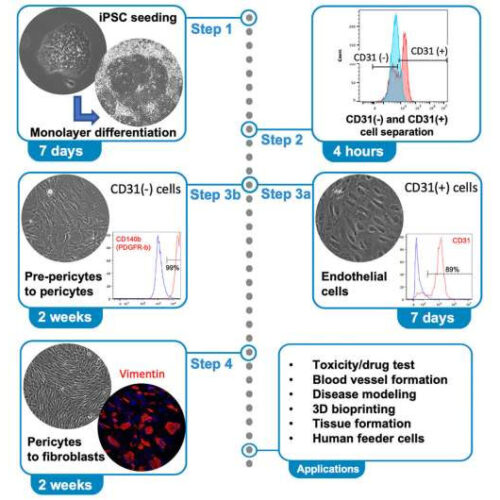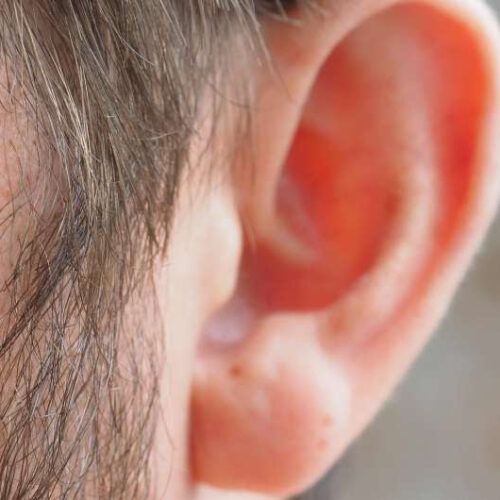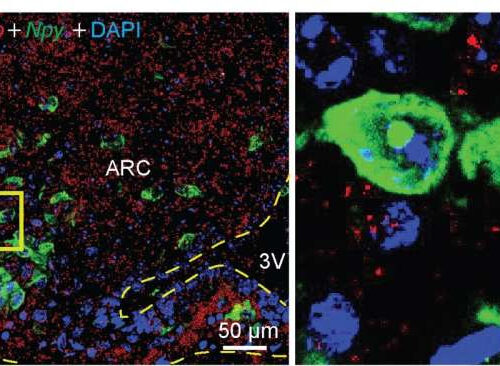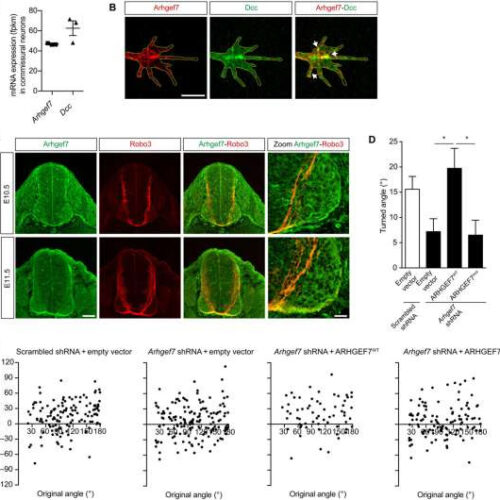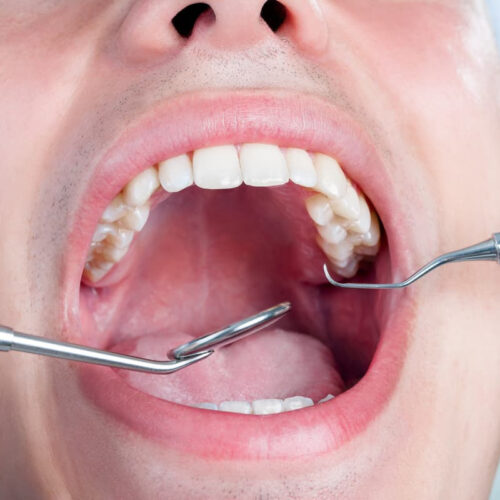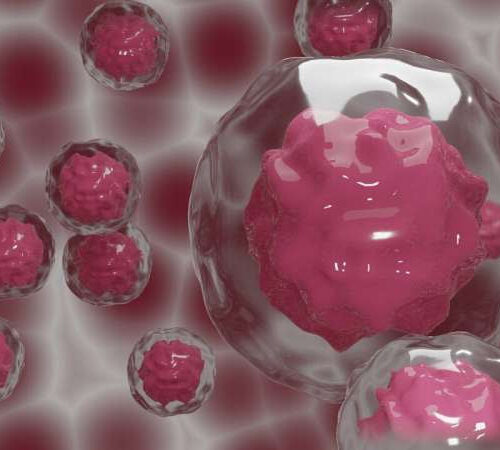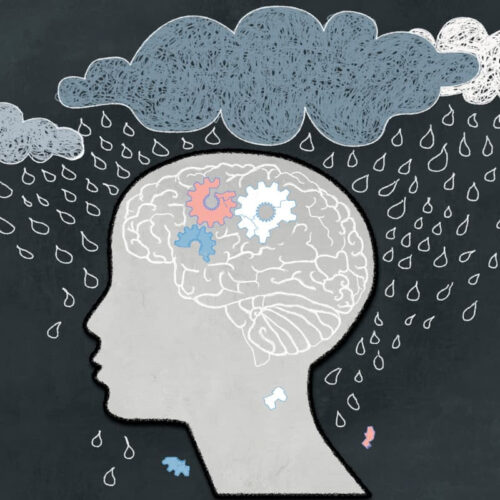by NIH, National Eye Institute (NEI) Graphical abstract. Credit: STAR Protocols (2023). DOI: 10.1016/j.xpro.2023.102292 Researchers at NIH’s National Eye Institute have published a detailed protocol for making three cell types that are key components to form blood vessels and capillaries. The technique enables researchers to make tissues for study and potentially for future treatments. “This protocol generates vascular endothelial cells, pericytes,...
Ear acupuncture with beads may help with shedding pounds
by European Association for the Study of Obesity Credit: CC0 Public Domain Ear acupuncture using metal beads can help reduce weight, body mass index (BMI), and body fat in combination with a restricted diet, according to new research being presented at this year’s European Congress on Obesity (ECO) in Dublin, Ireland (May 17-20). The study by Dr. Takahiro Fujimoto...
Researchers pinpoint brain cells that drive appetite in obesity
by Garvan Institute of Medical Research Researchers have pinpointed a subset of neurons (green) in the arcuate nucleus of the hypothalamus that drive appetite under obesity. Credit: Dr Yue Qi A team at the Garvan Institute of Medical Research has discovered a group of brain cells that boosts appetite when there is a prolonged surplus of energy in the body,...
Scientists identify mutated gene behind mirror movement disorder
by the University of Montreal Arhgef7 is required for Netrin-1–mediated commissural axon guidance. (A) The mean mRNA expression, fragments per kilobase of transcript per million mapped reads (fpkm), (± SEM) of Arhgef7 and Dcc in dissociated commissural neurons (n = 3). (B) Dissociated commissural neurons were fixed and immunostained for Arhgef7 and Dcc. Scale bar,...
A channel involved in pain sensation can also suppress it
by University of California – Santa Barbara A hand over a lit match. Credit: Matt Perko Pain is good. It’s the body’s way to keep an animal from harming itself or repeating a dangerous mistake. But sometimes the debilitating sensation can get in the way. So evolution has devised ways to tamp that response down under...
Fighting oral bacteria is elementary with SHERLOCK-based detection tool
By Paul McClureMay 14, 2023 Researchers have developed a tool based on CRISPR tech that can rapidly detect oral bacteria from a saliva sample Depositphotos Thanks to a novel tool that detects bacteria in saliva using SHERLOCK, the evolution of CRISPR, you may soon be able to leave the dentist after a checkup with more comprehensive...
X4 touts more positive PhIII data for its WHIM syndrome treatment
May 17, 2023 11:13 AM EDT R&D Tyler Patchen News Reporter X4 Pharmaceuticals lifted the veil on more positive data from its Phase III study of mavorixafor as a treatment of WHIM syndrome, a rare immunodeficiency disorder that puts patients at higher risk of sometimes fatal bacterial infections. The Boston-based biotech’s drug hit the primary...
Molecular trigger for breast cancer development identified endocrinology & metabolism
by Harvard Medical School Credit: Pixabay/CC0 Public Domain In what may turn out to be a long-missing piece in the puzzle of breast cancer, Harvard Medical School researchers have identified the molecular sparkplug that ignites cases of the disease currently unexplained by the classical model of breast-cancer development. A report on the team’s work is published...
Magnetic stimulation treats depression by fixing “backwards” brain signals
By Michael Irving May 17, 2023 Stanford scientists have uncovered a new mechanism behind depression – and shown how magnetic stimulation can help treat it. Depositphotos Stanford scientists have discovered a major biological mechanism behind severe depression, and shown how to treat it. Signals between two key parts of the brain seem to flow the...
Dietary recommendations for cardiovascular health challenged by new evidence on saturated fatty acids’ effects on LDL-C and Lp(a) levels
A recent perspective piece published in The American Journal of Clinical Nutrition discussed current dietary recommendations to reduce the intake of saturated fatty acids and modulate the risk of cardiovascular disease while highlighting the impact of lower saturated fatty acid intake on low-density lipoprotein cholesterol (LDL-C) and lipoprotein A. Study: Lipoprotein(a) and Diet – A Challenge...

